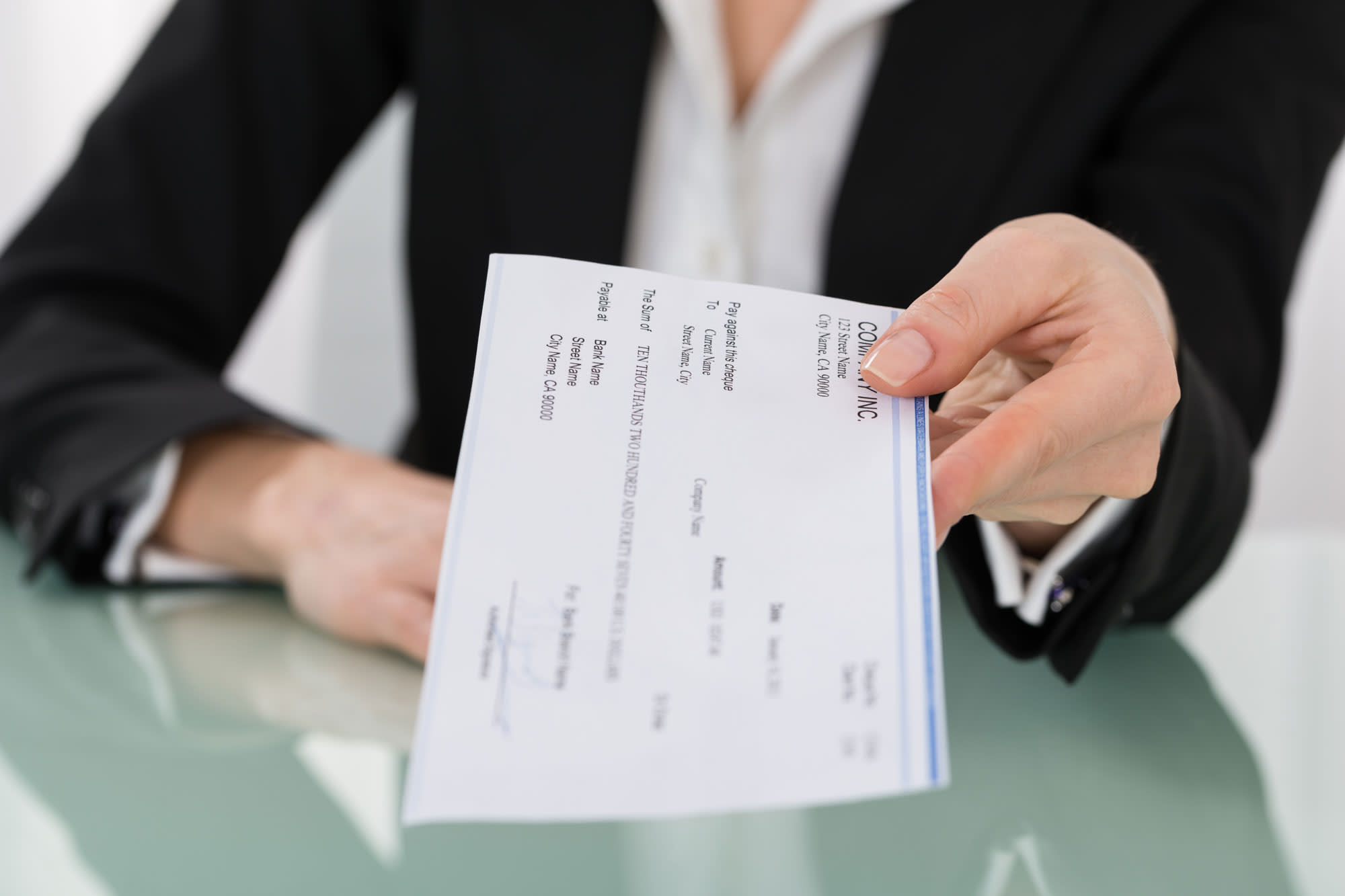AndreyPopov | Getty Images
Some good news – in the form of money – may be coming to Americans soon.
On Tuesday, Treasury Secretary Steve Mnuchin said that the Trump administration plans to move “immediately” to send money to Americans as the coronavirus cripples the economy.
“Americans need cash now,” Mnuchin said, indicating checks could come in the next two weeks.
The announcement follows much discussion over how the government could act to help shore up American workers’ bank balances now, with so many businesses temporarily closed or operating at reduced capacities.
A thousand dollars for everyone
Sen. Mitt Romney, R-Utah, said this week that he wants the government to send every adult $1,000.
Details on how big the checks the Trump administration hopes to deploy have not been disclosed. Of course, any plans would need a green light from Congress.
“The basic idea of getting money into the economy very quickly is a good idea,” said Leonard Burman, institute fellow at the Urban Institute, a non-partisan think tank, and co-founder of the Tax Policy Center.
It is also an improvement over potential payroll tax cuts, another idea that has been touted by the Trump administration and others in recent weeks.
“The ideal thing would be to target the payments [at] the people who are most vulnerable, the people who lose their jobs who are working in industries that are severely affected by the coronavirus,” Burman said. “It’s hard to set up something to do that right away.”
Whether and how the extra income is taxed will also depend on the terms of the program.
Burman said he thinks making that extra income subject to income taxes is a smart move. That way, he said, it would put a greater burden on high earners to pay more of it back. It would also increase state income tax bases that will be hurt in a recession.
More from Invest in You:
Financial independence fans see opportunity as markets lurch
Panic shopping and fleeing to cash seem to go hand in hand
Is social media dictating how you spend?
For individuals, the big question is: How can I best use this money wisely?
The answer depends on your personal situation.
“The majority of people should probably keep it in their checking account or savings account temporarily,” said financial advisor Winnie Sun, founder of Sun Group Wealth Partners in Irvine, California.
One exception to that is if you have high-interest credit card, or other, debt. In that case, you want to pay down those balances, Sun said.
Should you invest or spend?
If you’re near retirement, you definitely want to keep the extra cash on hand. But if you’re in your 20s or 30s, you may want to invest the money toward your retirement by putting it in a Roth individual retirement account, Sun suggested.
“If you went and bought XYZ mutual fund or put it into your IRA, I’m sure that in 20 years that would turn out to be a great thing,” said certified financial planner Jude Boudreaux, senior financial planner at The Planning Center in New Orleans.
One thing to remember about a universal plan to pay all Americans is that it is not based on financial need.
“It’s going to be too much for some of them and not enough for others,” Burman said.
If you don’t need the money, you may want to consider donating to a charity that’s directly involved in relief efforts or to your local food bank, Boudreaux suggested.
It’s the difference between just being constantly in a fear and reactive state to the ability to shift and start to move forward again.
Jude Boudreaux
senior financial planner at The Planning Center
“If you wanted to really make a difference in a bunch of families’ lives right now, and you absolutely didn’t need those dollars, I would really consider passing that along to an organization that does a lot of good for a lot of people,” Boudreaux said.
In the aftermath of Hurricane Katrina, Boudreaux saw firsthand how payments from organizations like the Federal Emergency Management Agency and the Red Cross helped prop up the local economy.
“It was super-beneficial to be able to have that just to weather the immediate storm,” said Boudreaux, whose own family received about $2,000 in support.
Having that check in hand can allow people to start asking themselves what their next move will be and where they can find work now, he said.
“It’s the difference between just being constantly in a fear and reactive state to the ability to shift and start to move forward again,” Boudreaux said.
SIGN UP: Money 101 is an 8-week learning course to financial freedom, delivered weekly to your inbox.
CHECK OUT: Clean your phone at least once a day, says infectious disease specialist — here’s how via Grow with Acorns+CNBC.
Disclosure: NBCUniversal and Comcast Ventures are investors in Acorns.
